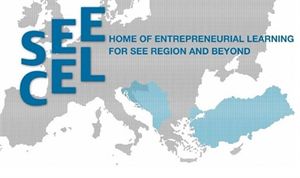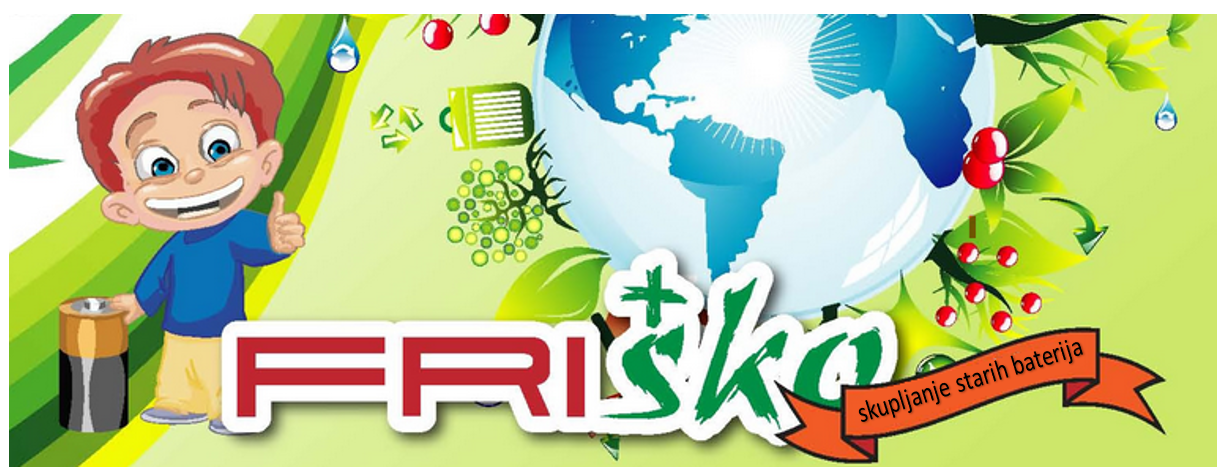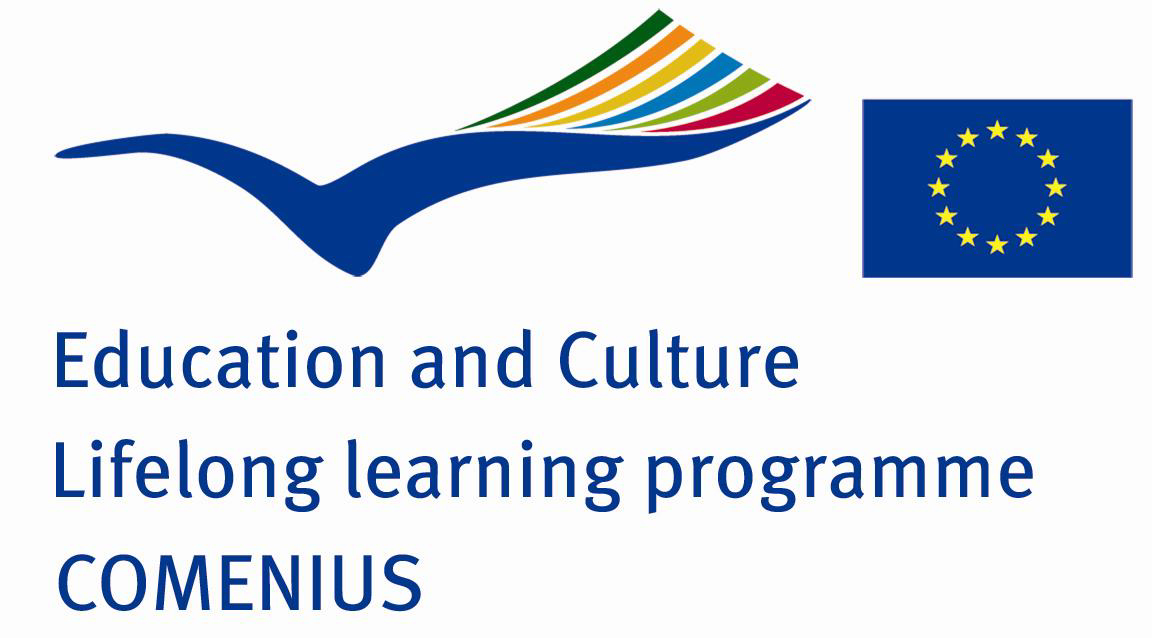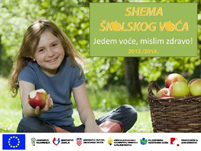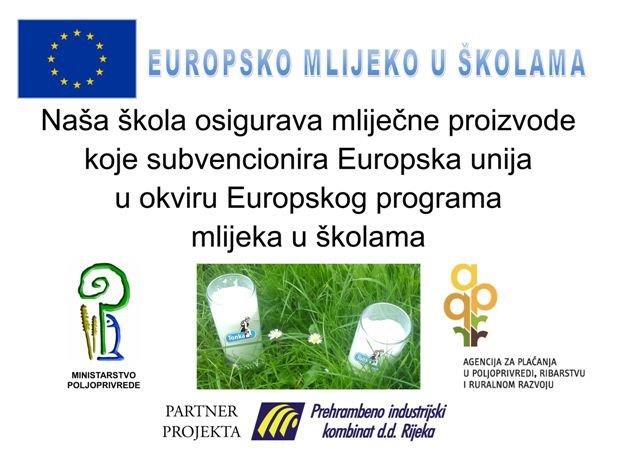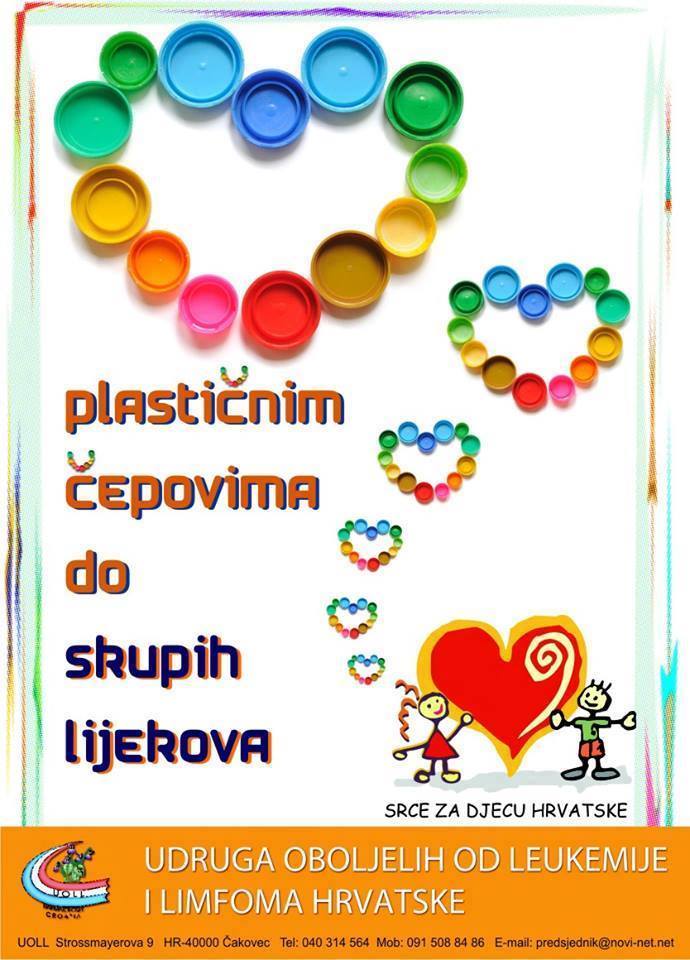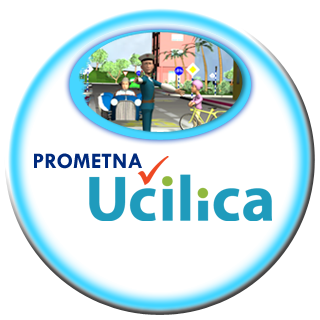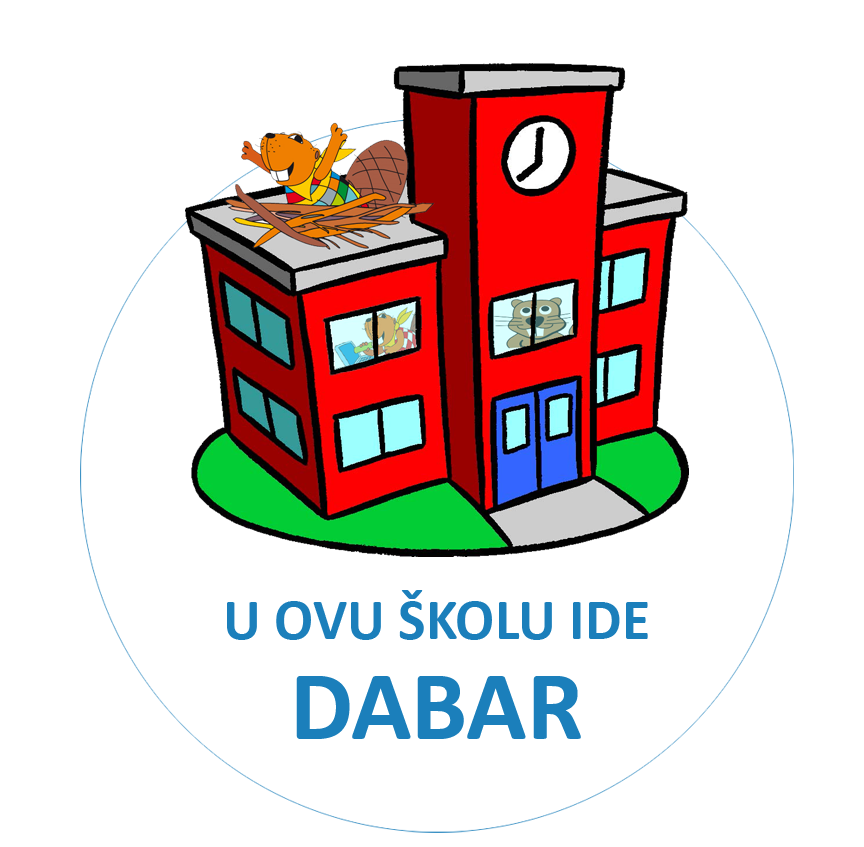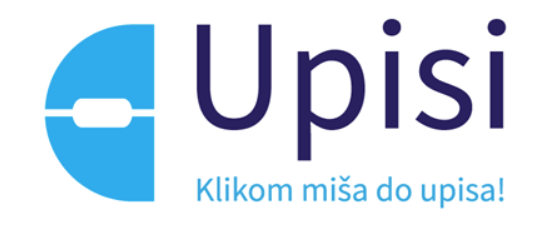
School activities
In the 2014/2015 school year we continued with participation in Entrepreneurial Learning, SEECELs project. This school year the school has a dual role:
-
1 pilot school for the Entrepreneurial Learning at ISCED1
-
2 mentor school for the Entrepreneurial Learning at ISCED2.
Since the beginning of a school year in September up to now we have planned and carried out many activities that encouraged the entrepreneurial spirit and entrepreneurial mindset in all classes. During the preparation and execution of these activities we have achieved many outcomes of entrepreneurial learning on both ISCED1 and ISCED2 levels.

School activities in 2011/2012 school year
Since we have joined the project up to now, we have planned and carried out many activities that encouraged the entrepreneurial spirit and entrepreneurial mindset in all classes. During the preparation and execution of these activities we have achieved many outcomes of entrepreneurial learning.
At the level of knowledge students have learned about, how to or/and they were: defining and explaining the difference between being an entrepreneur and an acting entrepreneurially (Days of Bread, Christmas Fair, Catherine Fair)[1], recognising and defining which products and services are in supply and demand at the local and national level (Catherine Fair), defining the criteria necessary for decision making (Christmas Fair, School referendum, Catherine Fair), comparing benefits with costs (Days of Bread, World Day of Apples, Catherine Fair, Christmas Fair, Collecting waste paper), exploring and identifying different job opportunities (Catherine Fair), and different career paths (Days of Bread, Catherine Fair), identifying phases of entrepreneurial activity (Days of Bread, Catherine Fair), developing an entrepreneurial idea (Collecting waste paper, Christmas Fair).
At the level of skills students were developing or/and demonstrating the ability to work individually and in teams, the ability to communicate ideas to others efficiently, the ability for creative and innovative thinking, planning, delegation and leading skills during the group work, the ability to use the brainstorming method (Catherine Fair), the ability to recognise and list risks (Collecting waste paper, Days of Bread, Catherine Fair, Christmas Fair), awareness of the environmental consequences of their actions (Collecting waste paper), the ability to solve problems and make decisions together with others (Collecting waste paper, Days of Bread, Catherine Fair, Christmas Fair), the ability to evaluate outcomes and processes of group work, the ability to set up a production plan (Catherine Fair), an entrepreneurial idea (Catherine Fair, Christmas Fair), assessment of their own assets and competencies.
At the level of attitudes students were taking responsibility for completing tasks, fulfil obligations and meet deadlines (Collecting waste paper, Catherine Fair, School referendum), taking the initiative to network with individuals and groups (Catherine Fair), demonstrating the ability to work independently, to respect others, to accept innovation and change and responsibility for public goods (Collecting waste paper).
In the preparation and execution of these activities lectures, group work, peer group presentation, discussions (Catherine Fair), teachers and facilitators (Christmas Fair, Catherine Fair) method, local visits (Catherine Fair) method were used as teaching/learning methods and practical assessment, presentation, self-evaluation, project work, field work (Catherine Fair) were used as assessment methods.
[1] In brackets are activities (held by March 2012.) in which an outcome was achieved to a considerable extent.
Časopisi |  |
On-line rječnici |  |
Ostalo |  |
| • Priručnik za učenje ... |
| • Agencija za odgoj i ... |
| • Ministarstvo znanost... |
| • Nacionalni centar za... |
| • Hrvatski obrazovni p... |
| • HRskole |
| • CARNet |
| • Portal e-lektire |
| • IGK @ YouTube |

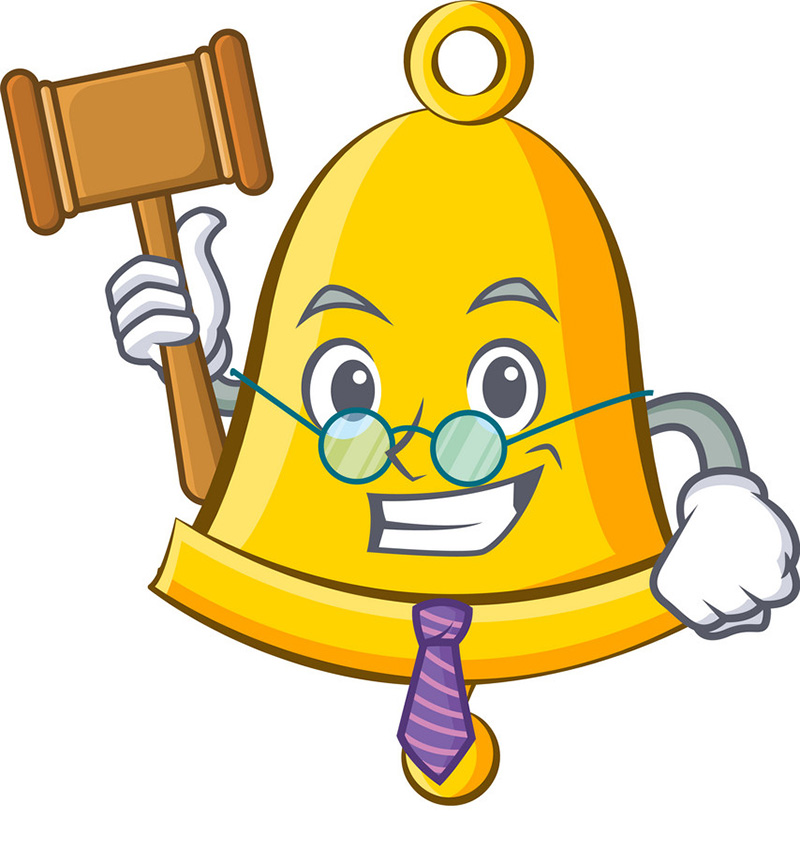

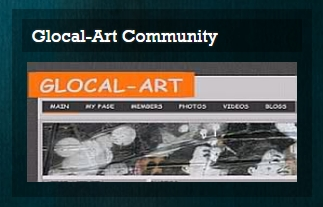






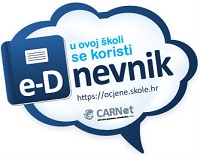
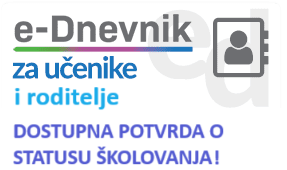
.png)
